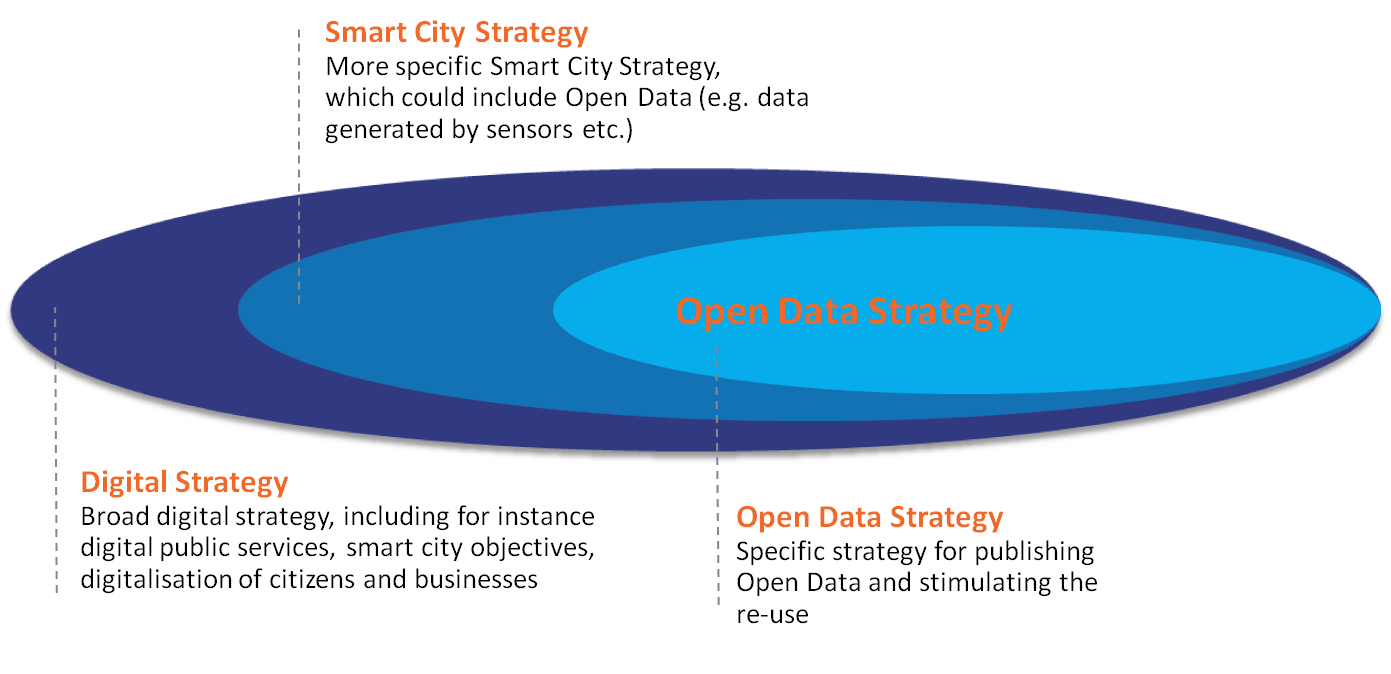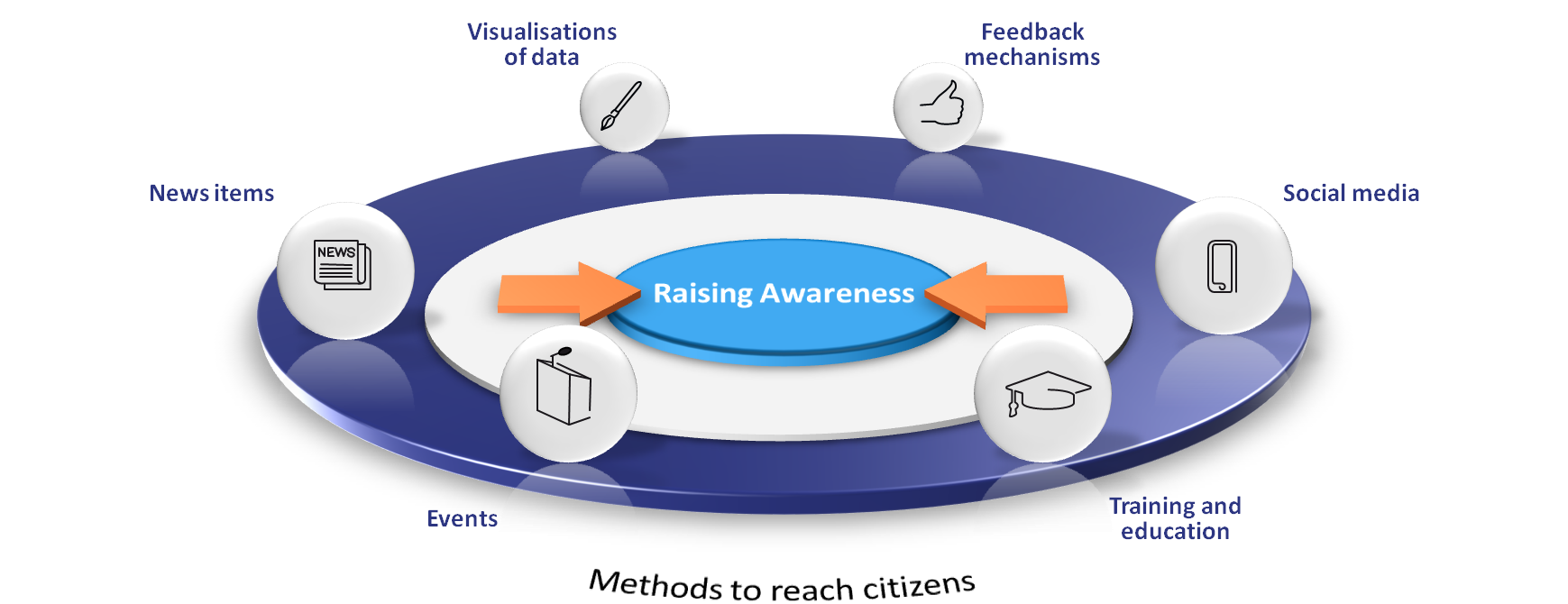Open Data in European cities
More and more European Union Member States are recognising the potential value of Open Data and are acting upon it. Open Data portals are in place, increasingly backed by solid Open Data policies. But it is not only the national level that matters. For a successful national Open Data initiative, the whole publication chain should be taken into account. Cities have an important role to play here. Specifically the larger European cities publish a lot of data on topics such as urban planning, tourism, and increasingly real-time data in the transport and mobility area, such as datasets on available parking spots. Moreover, cities also benefit from the use of Open Data to tackle typical urban challenges such as congestion and pollution, and to improve the quality of urban public services and the interactivity between the local government and citizens.
A new European Data Portal analytical report investigates Open Data initiatives in eight medium-sized European cities, after having analysed Open Data initiatives in Amsterdam, Barcelona, Berlin, Copenhagen, London, Paris, Stockholm and Vienna in a previous report, published in June 2016. Cities covered in this report include Dublin, Florence, Gdansk, Ghent, Helsinki, Lisbon, Thessaloniki and Vilnius. All of these cities have Open Data strategies and portals in place, which are not stand-alone initiatives but are embedded in broader digital or Smart City strategies.

The cities differ with regards to data available on their portal and portal features. Most of the portals are not only focused on this 'core task' - publishing data - but also include features aimed at engaging with users, such as news items, event sections and feedback mechanisms. Initiatives to reach out to citizens are often centred on the practical application of Open Data. Tangible examples and visualisations show what can be done with the data available. With regards to Open Data strategies, seven out of the eight cities kick-started their Open Data journey top-down driven, initiated and guided by the political leadership of the city. Over time, these approaches also incorporated more community led initiatives to move forward with Open Data. On the contrary, Ghent has been successfully adopting a bottom-up approach straight from the beginning. The most important barrier faced by the cities featured in this report is the technical barrier, but overall the barriers are in line with barriers faced at national levels.

Overall, this report shows that not only Europe's most prominent cities like Barcelona and Paris - as featured in the first report - are maturing on their Open Data journey, but that also more medium-sized cities are taking bold steps on their Open Data journey. This is important, because cities are crucial components of the Open Data publication chain. Would you like to know how European cities can further advance with Open Data? Read the full report!
